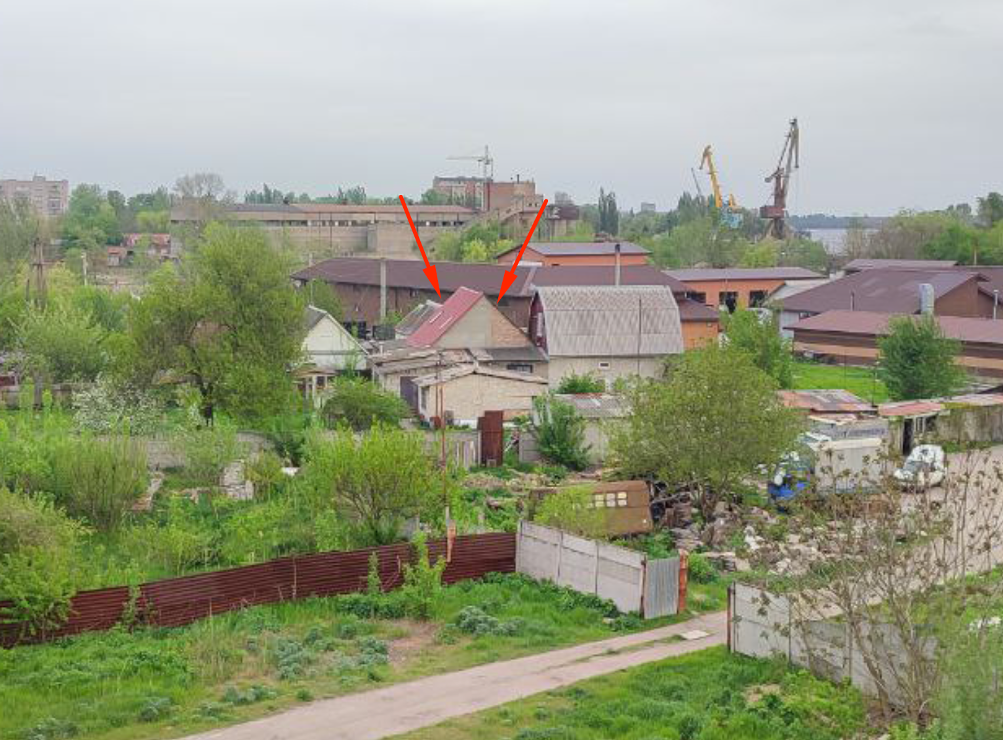У зверненні до Президента України Володимира Зеленського 24 квітня 2024 року секретар міської ради Запоріжжя Анатолій Куртєв, який виконував обов’язки міського голови останні три роки, висловив прохання щодо створення міської військової адміністрації. Куртєв у своєму листі наголосив на тиск з боку голови Запорізької обласної військової адміністрації Івана Федорова на міську владу та спробах “одноосібно захопити владу в місті”. Однак, навіть після такого звернення, того ж дня 38 депутатів Запорізької міської ради під час таємного голосування одноголосно проголосували за зняття Куртєва з посади секретаря міськради та виконуючого обов’язки міського голови.
Чи можна це вважати “політичним переворотом”, як стверджував Куртєв у листі до президента? Це можливо, але, згідно з наявною інформацією, Куртєв, який очолював 750-тисячне місто, заслуговував не лише на відставку, а й на суттєве покарання.
Куртєв у своєму листі Зеленському заперечував звинувачення Федорова та заявляв про готовність до будь-яких перевірок і співпрацю з правоохоронними органами. Але чи справді безпідставно ці звинувачення?
Попереднє життя Куртєва було досить різноманітним. Він працював медбратом, санітаром у морзі, лікарем, заступником начальника Бюро судмедекспертиз, а також очолював Леванівський цвинтар та повертався до Бюро судмедекспертиз, де став начальником.
Куртєв також намагався стати депутатом міської та обласної ради в 2015 році від партії “УКРОП”, але без успіху. Проте у 2020 році, вже під прапором партії “Слуга народу”, він став депутатом та обійняв посаду секретаря міської ради. Після відставки міського голови у 2021 році, Куртєв перейшов на посаду виконуючого обов’язки міського голови.
Незважаючи на офіційні фінансові дані, які свідчать про скромність Куртєва, можна припустити, що посада очільника міста відкривала йому різноманітні можливості для заробітку, особливо в умовах війни.
У своїх деклараціях Куртєв ніколи не згадував про грошові заощадження, що може свідчити про те, що він жив на зарплату. Його майно обмежувалося невеликим будинком у промисловому районі Запоріжжя, квартирою, подарованою матір’ю, та двома земельними ділянками.
Міський голова Запоріжжя, Анатолій Куртєв, став об’єктом гучних обвинувачень у крадіжці гуманітарної допомоги. Однак, чи можна це вважати правдою? Правоохоронці розкрили деякі невідомі факти, які розмістили під сумнів його чесність.
Детективи Національного антикорупційного бюро (НАБУ) виявили, що міський голова орендував елітну квартиру разом зі своїм помічником у центрі Запоріжжя, але це не було відображено в його деклараціях. Також у заявлених деклараціях не було згадок про автомобіль Toyota Land Cruiser 200, яким він користувався, і суми в 9 мільйонів гривень, які були знайдені в його квартирі.
НАБУ стверджує, що Куртєв та його команда привласнили собі гуманітарну допомогу, призначену для мешканців прифронтового Запоріжжя, яка надходила від міжнародних партнерів. У перші дні вторгнення Росії на територію України, чиновники відібрали 22 морські контейнери, 389 залізничних вагонів та 220 вантажівок з гуманітарною допомогою з Європи, яку потім продавали через підконтрольні суб’єкти підприємницької діяльності. Товари з’являлися у супермаркетах та аптеках, але чеки за них не видавалися.
Хоча відкрите кримінальне провадження було передане до Головного слідчого управління Національної поліції України, Куртєв не був повідомлений про підозру. Це викликало обурення серед місцевих журналістів, які вважали, що справа може бути “похована”. Наразі Куртєв продовжує займати свою посаду, не доторкнувшись до кримінальної відповідальності.
Анатолій Куртєв, колишній в.о. міського голови Запоріжжя, став об’єктом гучних обвинувачень у злитті бюджетних коштів міста під час війни. Розслідування показало кілька сумнівних справ, за які Куртєв мав би відповідати перед законом, а не займати посаду міського голови.
По-перше, зникнення 1,2 мільйонів гривень, призначених на ремонт підвальних приміщень, стало об’єктом уваги правоохоронців. Тендер на ремонт був організований так, щоб “підіграти” підрядній фірмі “Монтажні системи”. Коли цій фірмі не вдалося перемогти у тендері, Куртєв скасував його і оголосив новий, де переміг той, кого він хотів. Однак угода про ремонт не містила жодної інформації про адресу або обсяг робіт.
По-друге, Куртєв витратив 1 мільйон гривень на виготовлення табличок для певної фізичної особи, яка отримала підозрілу угоду без торгів. Паралельно з цим, мерія витрачала кошти на неефективні роботи, такі як бруківка в малопрохідній зоні та закупівля дорогої кави для чиновників.
По-третє, гроші, призначені на відновлення пошкоджених будівель, використовувалися неефективно. У багатоквартирному будинку кошти на матеріали та роботи були завищені на мільйони гривень. Виправдовуючись, Куртєв заявив, що відновлення коштує дорожче, ніж нове будівництво.
По-четверте, створення “Муніципальної варти” коштувало місту 10 мільйонів гривень, проте не отримало ліцензію на охоронну діяльність. Більше того, були факти, що гроші на цей проект освоювалися недбало.
Під час правління Куртєва місто стало свідком низки сумнівних рішень, які вразили громаду. Депутати та активісти звертали увагу на втрату коштів та невідповідальність у витрачанні бюджету. Деякі депутати навіть виступили з протестом, відмовившись продовжувати свою роботу в міськраді.
Не лише витрачання грошей було об’єктом критики, але й зв’язки Куртєва з Росією. Брат Куртєва отримав російське громадянство після анексії Криму, що викликало негативну реакцію в громадськості.
Другий брат колишнього мера Запоріжжя, Олександр Куртєв, живе в Україні, але регулярно на своїй сторінці в соціальних мережах хвалиться відзнаками радянського союзу. Це свідчить про його недвозначні політичні погляди. Сам Анатолій Куртєв, займаючи посаду в.о. міського голови Запоріжжя, неодноразово висловлював вдячність за допомогу фонду проросійського олігарха Вадима Новинського, який сьогодні знаходиться під санкціями та висловлює співчуття росіянам.
Можливо, не лише бажання особистого збагачення підштовхувало Анатолія Куртєва до корупційних схем з бюджетом Запоріжжя, розкрадання гуманітарної допомоги та саботажу допомоги Збройних Сил України. Можливо, за цим ховається щось більш серйозне, як, наприклад, співпраця з ворогом. Це залишається лише версією наразі, але немає сумнівів, що ці питання варто перевірити правоохоронцям. Також важливо довести кримінальне провадження щодо розкрадання гуманітарної допомоги для жителів Запоріжжя до суду. У таких ситуаціях під час війни проста відставка з посади не є достатньо суворим покаранням.

